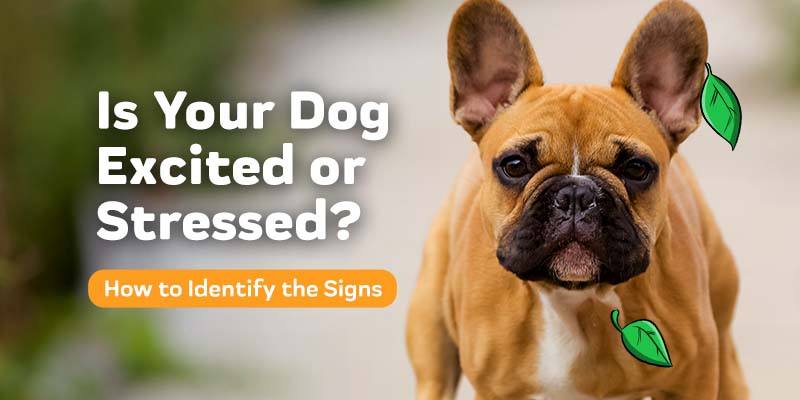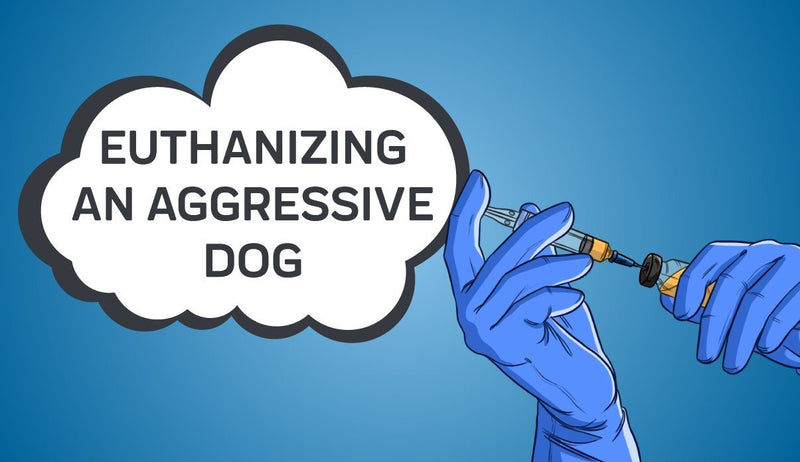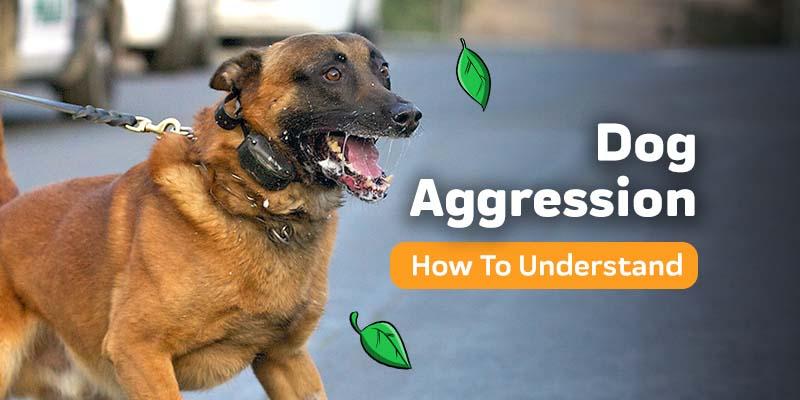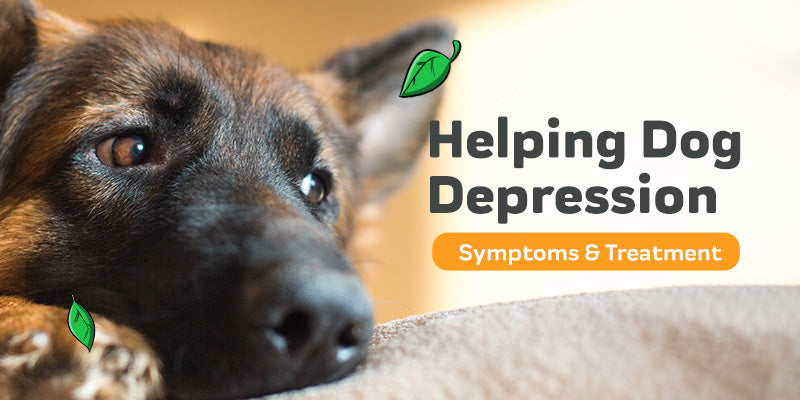- What Is Depression In Cats?
- Signs Of Depression In Cats
- Reasons Your Cat May Be Depressed
- Diagnosing Cat Depression
- How To Treat Your Cat's Depression

What Is Depression In Cats?
Cats are known for being particularly moody pets, which can make it difficult to tell the difference between a moody cat and one in emotional distress. While depression is something we're becoming more aware of in people, you might have never thought of it as being something that your cat can have.
Unfortunately, it is a very real possibility that your cat could have depression. Depression in cats can have a variety of causes - like a change in their environment, a lack of attention, or losing a fellow pet.
It's unlikely that your cat could have chronic depression, where they are in a depressed mood for no apparent reason, though it is possible. Instead, most cases of cat depression have a noticeable cause and are temporary changes in emotion - though they can last for weeks and even months.
Signs Of Depression In Cats
Body language
Your first cue to the fact that your cat may suffer from depression will be the way they express themselves through their body language. Cats have very particular ways of communicating through movement, and you'll likely notice these sorts of changes right away, even if you didn't realize that depression was the cause.
Depressed cats may display their depression through apparently timid body language. Tucking their tail between their legs, laying their ears flat, and their hair standing on end are all fairly common signs to look out for.
Lastly, you can tell a lot about how a cat feels based on how they move their tail. A happy cat will move their tail slowly and gracefully, in a seemingly carefree way. A cat that is stressed out or depressed, however, will swish their tail back and forth in quick strikes.
Grooming
Just like people who are depressed, a depressed cat might start neglecting their grooming routine. This is a major red flag that something is wrong with your cat, as grooming is one of your cat's main instincts. You can tell that your cat isn't grooming as often by checking the quality of their fur, seeing how they smell, and looking for patches of dirt on cats with lighter coats.
Some cats will have the opposite behavior - over-grooming. If your cat is over-grooming themselves, it could be a sign that they are trying to comfort themselves.
Attention-getting behavior
While some cats are clingier than others, depressed cats can be the clingiest of all. When depressed, they may revert to an almost kitten-like state, wanting to be by your side at all times and constantly demanding attention. This may feel nice from your end - and it is a good sign that your cat trusts you - but it indicates that there is some turmoil they're struggling with and that they're using you for comfort.
Your cat may try to get your attention in otherwise as well, like scratching things they shouldn't, pushing things over, and hiding when you are looking for them.
Irritability
Cats with depression tend to be more irritable than cats in a healthy emotional state. Mild skittishness is expected in cats, like jumping at things and occasionally being scared of harmless objects. But if your cat is reacting negatively to stimuli several times throughout the day, their emotions are likely out of sorts.
Depressed cats might also take their feelings out on other pets and family members, behaving aggressively when it isn't appropriate.
Loss of motivation
Just like humans, cats with depression are likely to lose a substantial amount of energy and motivation. Cats normally spend the majority of the day sleeping, but if your cat is sleeping so much that they hardly get up at all, depression might be the underlying cause.
Cats with depression are also less likely to want to play and may even suffer from loss of appetite. Make sure that even if they are less motivated to play or eat that you still give them the attention and nutrition that is needed to help your cat.
Reasons Your Cat May Be Depressed
Health problems

You might think of depression as being a purely emotional issue for your cat, but the source is often physical and biological. Sick cats are usually dealing with stressful symptoms that they are very good at expressing. Nausea, difficulty moving, a lack of energy, pain, and a hormonal imbalance can all put a damper on your cat's mood.
Not only will minor illnesses leave your cat feeling depressed, but major ones as well.
Depression is one of the symptoms for each of the following conditions:
- Liver disease
- FIV
- FeLV
- Respiratory disease
- Dental disease
- Diabetes
- Hypothyroidism
If you suspect that a health condition is the underlying cause of your cat's depression, it's recommended that you take them to the vet as soon as possible to address the severity of the problem.
Not enough attention or changes in the environment
Like all social animals, social interaction, affection, and attention all play a major role in your cat's level of happiness. Because cats are so much more independent than dogs, there's a misconception that they don't need the same levels of attention. Some cat owners will leave their pet cats alone at home for days at a time.
While may not express their need for attention as plainly as dogs do, it's still a vital part of their mental health. If you have to leave your cat at home alone for long hours, be sure to spend extra one-on-one time with them when you return home. And never leave your cat alone at home for days at a time unless it's your only option.
If you frequently are away from the house and can't bring your cat with you, consider adopting a new cat to keep your cat company while you're away. Just be sure that they get along with the new cat first, or you'll only add extra stress to both cats' lives.
Sudden changes in the environment may also cause cat depression. This could be in the form of a new home, a new family member (babies or pets), new tenants, or even a change inside the household such as a renovation or new addition to the house.
Chemical imbalance
While a chemical imbalance is a rarer cause of a cat's depression, it is possible. You might think of emotions like happiness or sadness as being just that - purely emotional. However, even our - and our cats' - emotions are based in biology.
Both happiness and sadness are the results of chemical interactions in your cat's brain. If these chemicals are imbalanced severely enough (too little chemicals produced for happiness or too many produced for sadness) then it can lead to your cat becoming depressed.
A chemical imbalance can be the result of a medication or volatile periods in your cat's life (their early years, where they are growing and changing rapidly). However, if your cat's chemical imbalance is biological and constant, then your cat is likely to develop chronic depression. If you believe this is the case with your cat, speak to your veterinarian about available medications.
Injuries
Similar to being ill, a physical injury can leave your cat feeling dejected and bluesy. Cats are hunters and explorers by nature, so anything that impedes that instinct can affect their happiness.
If your cat has an injury that significantly reduces their mobility, this can lead to them feeling depressed, stressed out and more anxiety. Not to mention the fact that injuries come with pain and oftentimes medication, both of which can put a serious damper on your cat's mental mood.
If your cat's depression is due to an injury, the best you can do for them is help the injury heal as quickly as possible and show them plenty of love throughout the process. This will mitigate their depression until they are back on all four feet!
Stressed pet parents
While cats aren't necessarily as empathetic as dogs are, they can still pick up on changes in your mood and emotions. If your household is undergoing more stress than usual, your cat is likely to notice this and become stressed out themselves.
An important thing to remember when it comes to our pets is that while they are just one part of your life, their entire world revolves around you. So when we are stressed out, frustrated, or depressed, it can create a whirlwind of emotions for your cat and leave them feeling that their home isn't as secure as it once was.
This doesn't necessarily mean you have to hide your emotions from your cat - if that's even possible. Instead, just be aware of how your mood may be affecting your cat's mood, and take reasonable measures to mitigate the issue where possible.
Diagnosing Cat Depression
When it comes to diagnosing your cat's depression, the only person who is truly qualified enough to make that call is your veterinarian. If you've noticed symptoms of depression in your cat and maybe even have an idea of the underlying cause, then it's time to visit the vet.
Visiting the vet for a depressed cat is important for several reasons. First, your vet can help you identify the issue and offer a solution to your cat's change in behavior. They can also prescribe medication to remedy the issue, whether it's a short-term or long-term prescription.
But more importantly than that, your vet can assess your cat's whole health. As mentioned earlier, one of the main causes of a cat's depression is an underlying health condition or illness. Your vet can help rule this out or catch it if it's the culprit, which is important for your cat's safety.
How To Treat Your Cat's Depression

This isn't a foolproof solution, though, since you can't always fix the problem that's causing your cat's depression. For example, if your cat is dealing with depression because of a recent move from it's normal routine or because of the loss of a family member, remedying your cat's depression is going to require a combination of time and extra affection. The most effective way to treat your cat's depression is to figure out why they are depressed and then mitigate that issue as much as possible. For example, if you determine that your cat is suffering from depression because you haven't been showing them as much attention, all you have to do is start showing them more love. Likewise, if your cat's depression is due to a health issue, then seek treatment for that health issue.
Sources:
CBD Helps in Aiding with Stress
CBD Effects on Anxiety and Depression
Approved by:
Dr. Ivana Vukasinovic
Doctor of Veterinary Medicine, University of Belgrade
 Ivana Vukasinovic grew up in Serbia and attended the University of Belgrade where she received a degree in Veterinary medicine in 2012 and later completed surgical residency working mostly with livestock. Her first year of practice was split between busy small animal practice and emergency clinic, and after two more years of treating many different species of animals, she opened her own veterinary pharmacy where an interest in canine and feline nutrition emerged with an accent on fighting animal obesity. In her free time, she acts as a foster parent for stray animals before their adoption, likes to read SF books and making salted caramel cookies.
Ivana Vukasinovic grew up in Serbia and attended the University of Belgrade where she received a degree in Veterinary medicine in 2012 and later completed surgical residency working mostly with livestock. Her first year of practice was split between busy small animal practice and emergency clinic, and after two more years of treating many different species of animals, she opened her own veterinary pharmacy where an interest in canine and feline nutrition emerged with an accent on fighting animal obesity. In her free time, she acts as a foster parent for stray animals before their adoption, likes to read SF books and making salted caramel cookies.
Thanks for stopping by!
P.S. We Love You!
Sincerely,
The Innovet Team
Please do not ask for emergency or specific medical questions about your pets in the comments. Innovet Pet Products is unable to provide you with specific medical advice or counseling. A detailed physical exam, patient history, and an established veterinarian are required to provide specific medical advice. If you are worried that your pet requires emergency attention or if you have specific medical questions related to your pet’s current or chronic health conditions, please contact or visit your local/preferred veterinarian, an animal-specific poison control hotline, or your local emergency veterinary care center.
Please share your experiences and stories, your opinions and feedback about this blog, or what you've learned that you'd like to share with others.
















